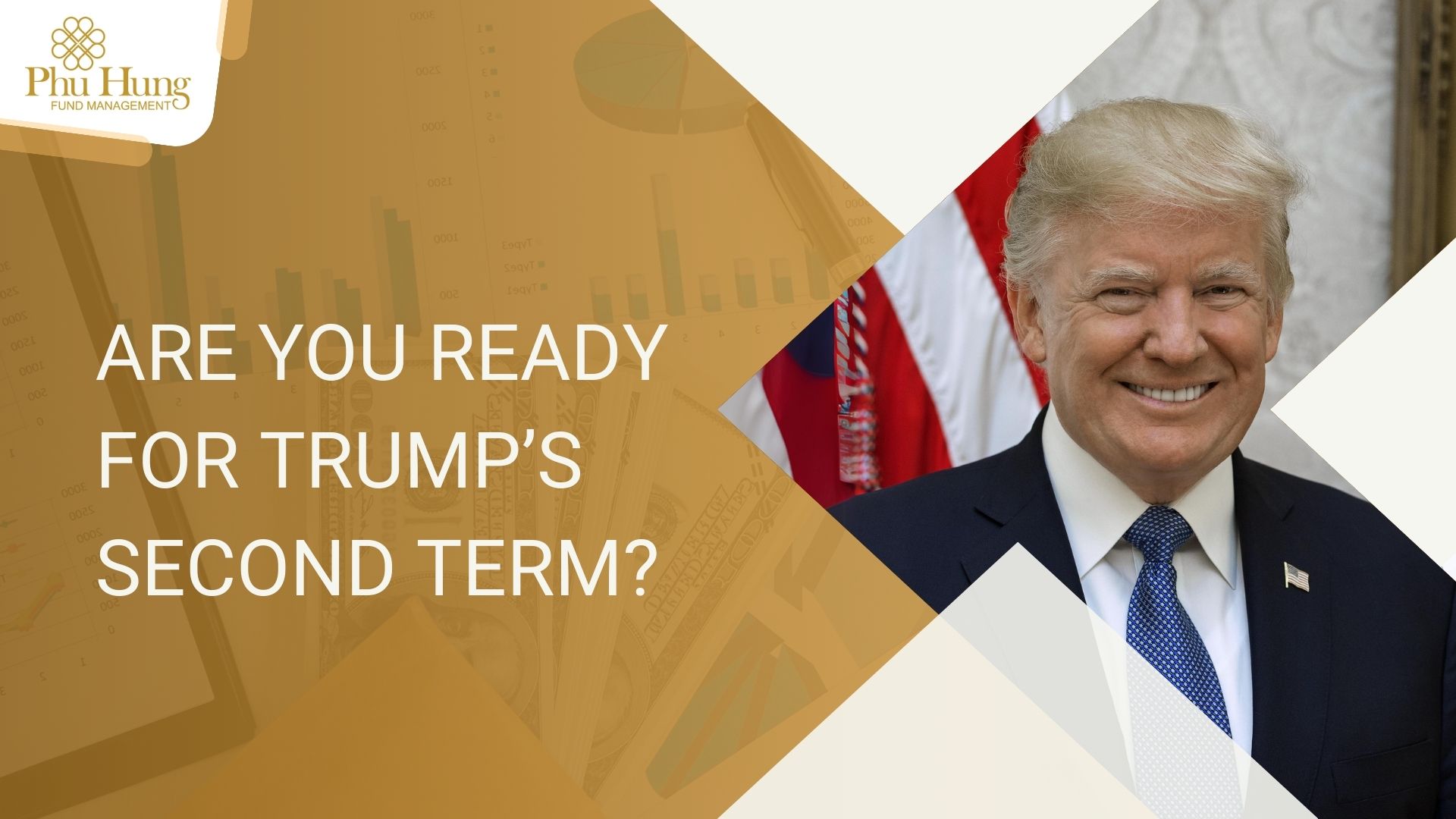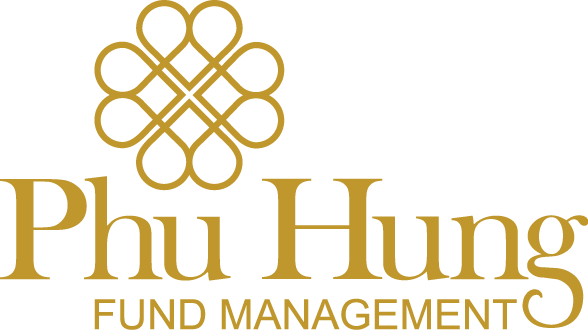ARE YOU READY FOR TRUMP’S SECOND TERM?
We all know the world will be different after Mr. Trump won his presidency. The biggest adjustments, as expected, would be seen in foreign policy and economic and trade policies. Among the various potential fluctuations, trade policy could have the most devastating impact on the U.S. and Global economy. Based on Trump’s repeatedly advocated plans, including imposing a 10% tariff on all imported products and an over 60% tariff on Chinese products, Moody’s Corporation points out that the United States could fall into a recession by mid-2025. Some institutions estimate that the price increases resulting from these tariff measures would increase the average annual expenditure of each American household by $1,700.

Mr. Trump is very proud of the economic achievements during his first term and has clearly stated that he will expand the shift in economic and trade policies after taking office. In his “full tariff policy” proposed in early June, Trump emphasized that tariffs would completely replace income taxes. This idea indicates that his economic policy is very bold and radical, but may lack comprehensive consideration. Theoretically, higher tax rates will cause greater interference in trade, which will severely impact blue-collar workers and families in the United States in the future. On the contrary, the benefits will mostly accrue to the wealthy, as they have a lower marginal propensity to consume and are less affected by price increases.
Mr. Trump is putting American interests first and believing that other countries are taking advantage of the United States. He advocates reducing interactions with global economies and is willing to clash with various countries and international economic and trade organizations. His fiscal and industrial policies favor domestic enterprises and wealthy individuals, adhering to loose fiscal policies and maintaining the corporate income tax rate reduced to 21% in the previous adjustment. He seeks to make the individual income tax, inheritance tax, and child tax credits, which expired under the “Tax Cuts and Jobs Act of 2017,” permanent and intends to cut Medicaid subsidies.
In terms of industrial policy, based on electoral considerations, Trump clearly favors traditional industries. He believes that the “Inflation Reduction Act” is stifling traditional American industries and advocates providing tax relief for oil, natural gas, and coal producers, and will once again withdraw from the Paris Climate Agreement. He also opposes any proactive green energy policies and does not agree with the replacement of gasoline-powered vehicles with electric cars.
Trump’s implementation of high tariff measures is likely to cause a sharp increase in the prices of imported goods, elevating the risk of inflation and hindering the Federal Reserve’s (Fed) efforts to embark on a rate-cutting cycle. His intervention in the independence of Federal Reserve causes market concern. He said he will require the new Federal Reserve Chairman to regularly seek the President’s advice on interest rate policies, and the Treasury Department will oversee the Federal Reserve’s bond-buying activities.
Although Trump prefers a weaker dollar and may once again attempt to use his rhetoric and policies to intervene and weaken the dollar’s exchange rate, the current strength of the dollar is expected to persist for a longer period due to the negative impact of increased tariffs on other countries’ trade and economic growth. In the past, when Trump initiated the China-U.S. trade war in 2018, the dollar significantly strengthened, while emerging market currencies experienced a wave of competitive devaluations. Additionally, Trump’s isolationism may lead to increased geopolitical risks, boosting the demand for the dollar as a safe haven, and keeping the dollar strong. JPMorgan estimates that if Trump wins the election, the USD TWI (Trade-Weighted Index) could appreciate by 3% to 7%, indicating that the short-term strength of the dollar is already unavoidable.
Mutual funds – investing with “an unwavering mind amidst a lifetime of all things”
Overall, Trump’s victory increases the uncertainty in global economic and trade development. The founder of Taiwan Semiconductor Manufacturing Company (TSMC) stated that globalization and free trade have reached their limits, and we are now facing a new era where economic security issues have replaced minimal cost considerations. With the rise of protectionism in trade, Vietnam is facing a situation filled with both opportunities and challenges. How to maximize benefits from these changes is now the most important task for the government. However, for personal financial planning, there is no need to alter investment plans due to this. Continuing to use mutual funds to establish long-term equity investments remains the best investment strategy at this stage.
Source: PHFM
Disclaimer: The information, data, and analysis in this article are referenced by Phu Hung Fund Management Joint Stock Company (“PHFM”) from reliable mainstream sources. However, PHFM does not guarantee or claim any warranty for the accuracy, integrity, or completeness of this article. While reasonable care has been taken in preparing this document, no responsibility or liability is accepted for any information presented in this article. The article is for reference purposes only and is not a recommendation, professional advice, or any other professional guidance for any purpose, and it does not imply any endorsement of global political or economic trends. PHFM is not liable for any damages, losses, or any other consequences for any individual or organization in using the information in this article in any manner.
